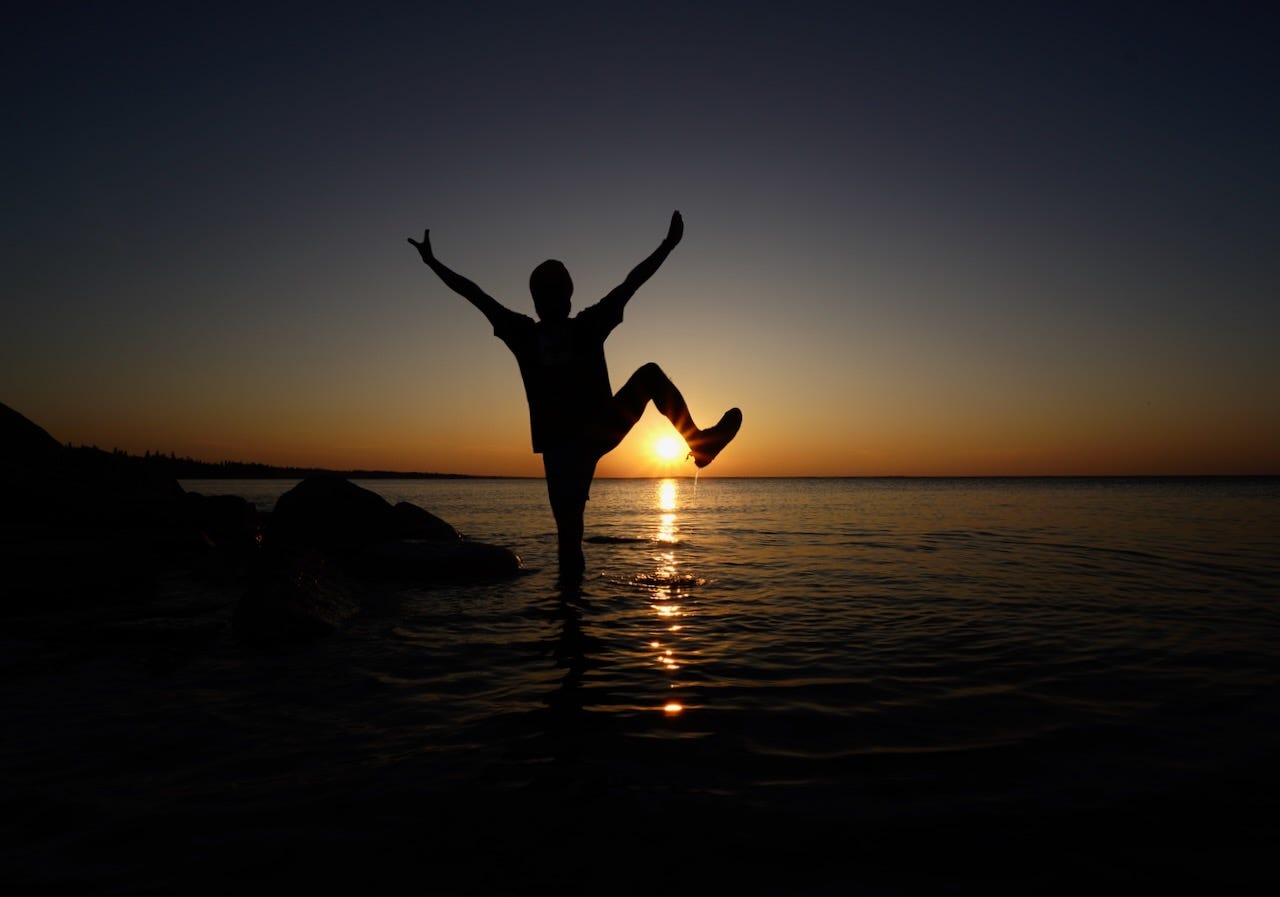We all receive a visitor sometimes, called loneliness. How to nicely ask it to go back
You don't have to live in a remote, isolated place like my cabin to experience loneliness. It can be felt even if you are surrounded by hundreds of people in a big city or a company of family or pals.
I lived in my recent cabin for 5 years and in another cabin for one year before that, totalling 6 years of dry cabin life. The biggest question I was often asked was about loneliness. People were always curious about how I dealt with being alone for such an extended period.
I believe nobody is immune to loneliness. It can appear in various forms and affe…
Keep reading with a 7-day free trial
Subscribe to The Gurdeep Magazine to keep reading this post and get 7 days of free access to the full post archives.


